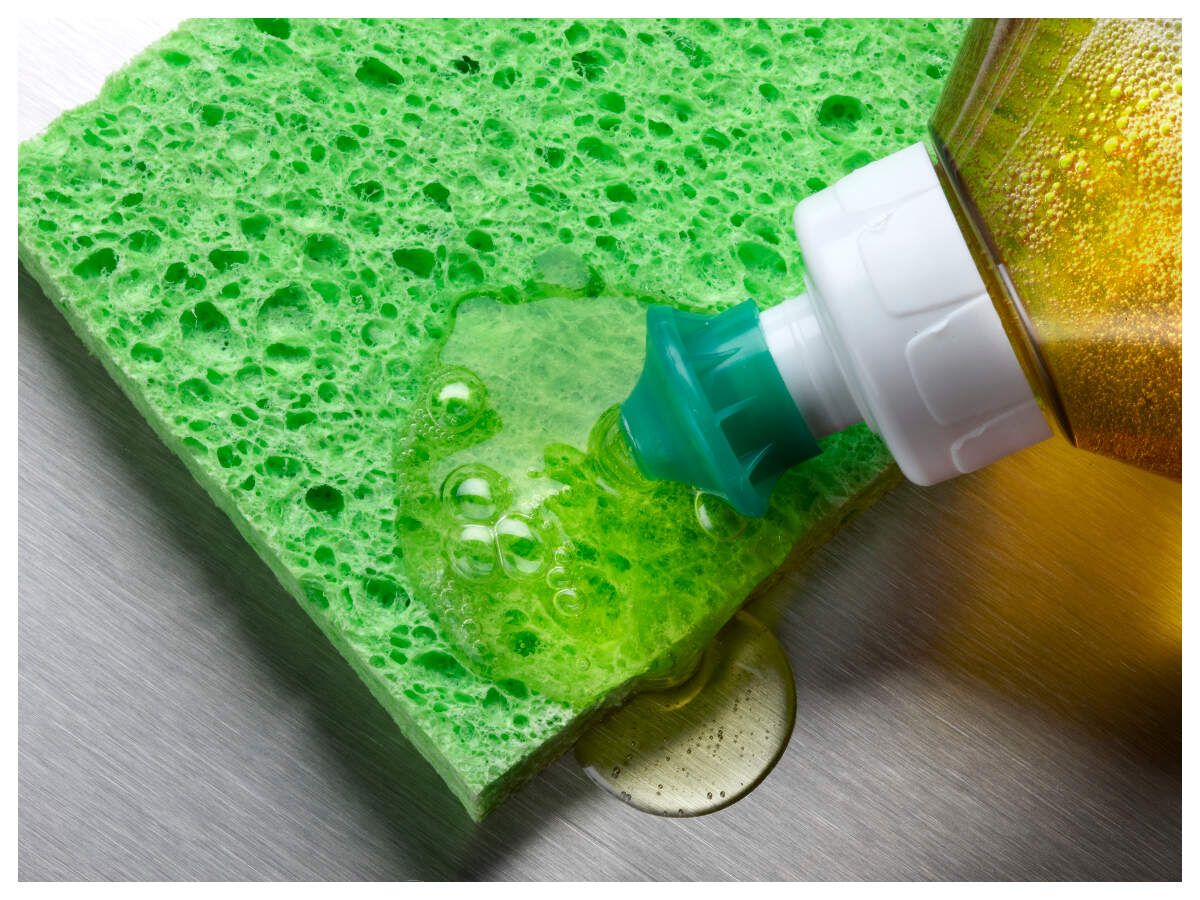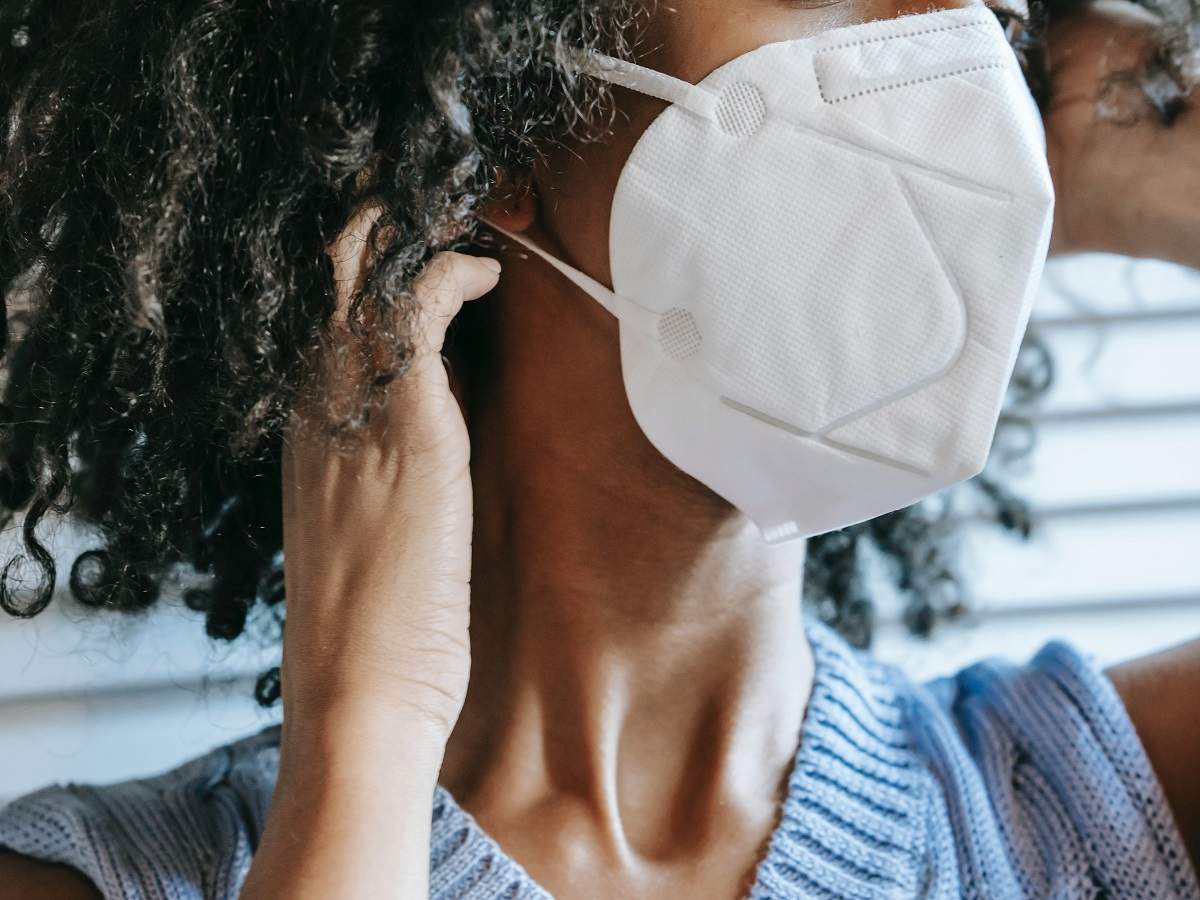
Thiruvananthapuram: Kerala Water Authority, which restarted pumping at the Kundamankadavu pumping station after an initial round of testing following a possible chemical contamination near its source, will have to wait two months for results of a detailed test of the water samples collected from the area.
KWA’s laboratory at the pumping station could assess the samples for 22 parameters against the BIS standard of 52 parameters. The lab is also unequipped to identify the presence of several heavy metals in the water.
On Sunday, KWA had to temporarily stop pumping at Kundamankadavu after residents noticed dead fish in the stream, which drains into the Karamana river around 3km upstream of the pumping station. Officials of city corporation, KWA and police found that a firm engaged in electroplating work was responsible for the chemical contamination of the stream. Workers had dumped Surfolin SK 40, an alkaline soak cleaner for metals, into the drain, which flows into the stream. On learning about the contamination, corporation officials immediately constructed a bund at the point where the stream joins the Karamana river. They also temporarily shut down the firm.
Though KWA stopped pumping for a few hours, it was resumed after samples from the river were found to meet the parameters of potable water. This test was carried out at its lab in Aruvikkara. KWA also sent water samples to the govt analytical lab in the city to test for heavy metals. The results are expected only after two months, officials said.
Corporation officials have also sent samples to the analytical lab. Samples of the dead fish have been sent to Jawaharlal Nehru Tropical Botanic Garden and Research Institute here.
KWA sources said the fund crunch restricts the authority from upgrading its lab at Kundamankadavu. “The lab is capable of testing for almost all parameters of quality drinking water. This is done on samples after treatment. However, the lab could test only 22 parameters, while the samples must clear 52 parameters, as per BIS standards. This includes for heavy metals such as arsenic,” sources said.
Moreover, regular testing is restricted to samples from KWA’s treatment plants. Other systems, which are mostly rural water supply schemes, only undergo monthly checks.
KWA sources said there is no measure to secure sources from various kinds of contamination. “This happens because KWA has no control over the sources. In most cases, the irrigation department has authority over the river, with only a few exceptions, such as Peppara dam. Also, local bodies alone can ensure that there is no illegal dumping of chemicals, waste or sewage into water sources,” they added.
KWA’s laboratory at the pumping station could assess the samples for 22 parameters against the BIS standard of 52 parameters. The lab is also unequipped to identify the presence of several heavy metals in the water.
On Sunday, KWA had to temporarily stop pumping at Kundamankadavu after residents noticed dead fish in the stream, which drains into the Karamana river around 3km upstream of the pumping station. Officials of city corporation, KWA and police found that a firm engaged in electroplating work was responsible for the chemical contamination of the stream. Workers had dumped Surfolin SK 40, an alkaline soak cleaner for metals, into the drain, which flows into the stream. On learning about the contamination, corporation officials immediately constructed a bund at the point where the stream joins the Karamana river. They also temporarily shut down the firm.
Though KWA stopped pumping for a few hours, it was resumed after samples from the river were found to meet the parameters of potable water. This test was carried out at its lab in Aruvikkara. KWA also sent water samples to the govt analytical lab in the city to test for heavy metals. The results are expected only after two months, officials said.
Corporation officials have also sent samples to the analytical lab. Samples of the dead fish have been sent to Jawaharlal Nehru Tropical Botanic Garden and Research Institute here.
KWA sources said the fund crunch restricts the authority from upgrading its lab at Kundamankadavu. “The lab is capable of testing for almost all parameters of quality drinking water. This is done on samples after treatment. However, the lab could test only 22 parameters, while the samples must clear 52 parameters, as per BIS standards. This includes for heavy metals such as arsenic,” sources said.
Moreover, regular testing is restricted to samples from KWA’s treatment plants. Other systems, which are mostly rural water supply schemes, only undergo monthly checks.
KWA sources said there is no measure to secure sources from various kinds of contamination. “This happens because KWA has no control over the sources. In most cases, the irrigation department has authority over the river, with only a few exceptions, such as Peppara dam. Also, local bodies alone can ensure that there is no illegal dumping of chemicals, waste or sewage into water sources,” they added.
Trending Topics
LATEST VIDEOS
City
 Students complain of 'Mass molestation' at Gargi college fest, Delhi Police and Principal face heat
Students complain of 'Mass molestation' at Gargi college fest, Delhi Police and Principal face heat  Won't be surprised if Kejriwal loses from New Delhi seat: Kapil Mishra
Won't be surprised if Kejriwal loses from New Delhi seat: Kapil Mishra  Jamia students-Delhi Police scuffle: Now cops appeal to protesting students
Jamia students-Delhi Police scuffle: Now cops appeal to protesting students  Anti-CAA march: Scuffle between Jamia students and Delhi Police; proctor urges students to step back
Anti-CAA march: Scuffle between Jamia students and Delhi Police; proctor urges students to step back
More from TOI
Navbharat Times
Featured Today in Travel
Get the app



